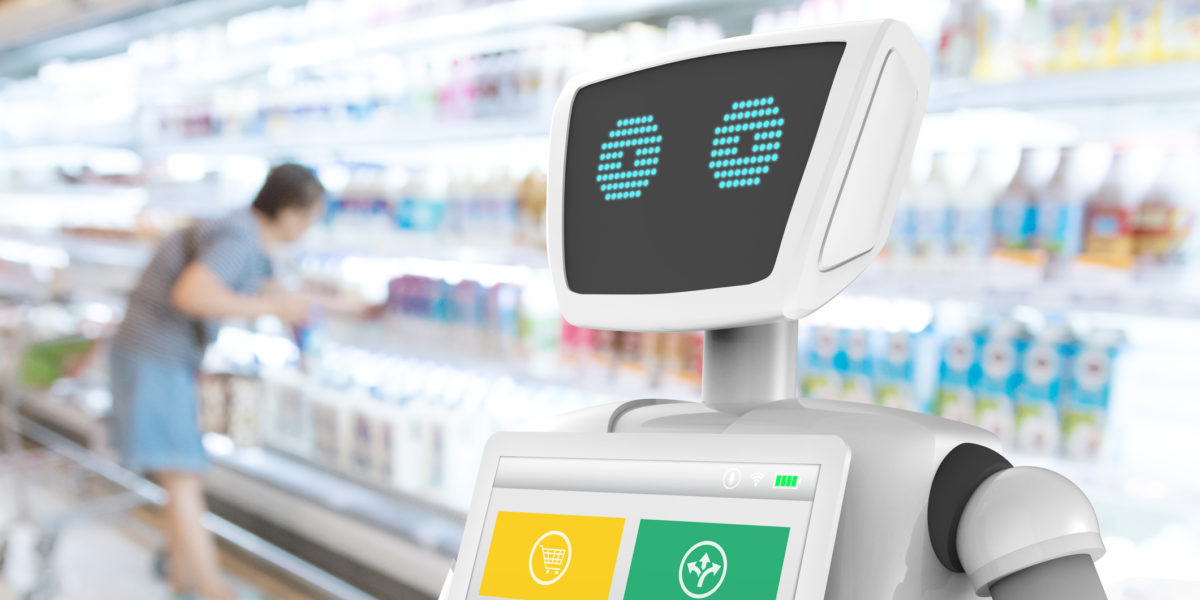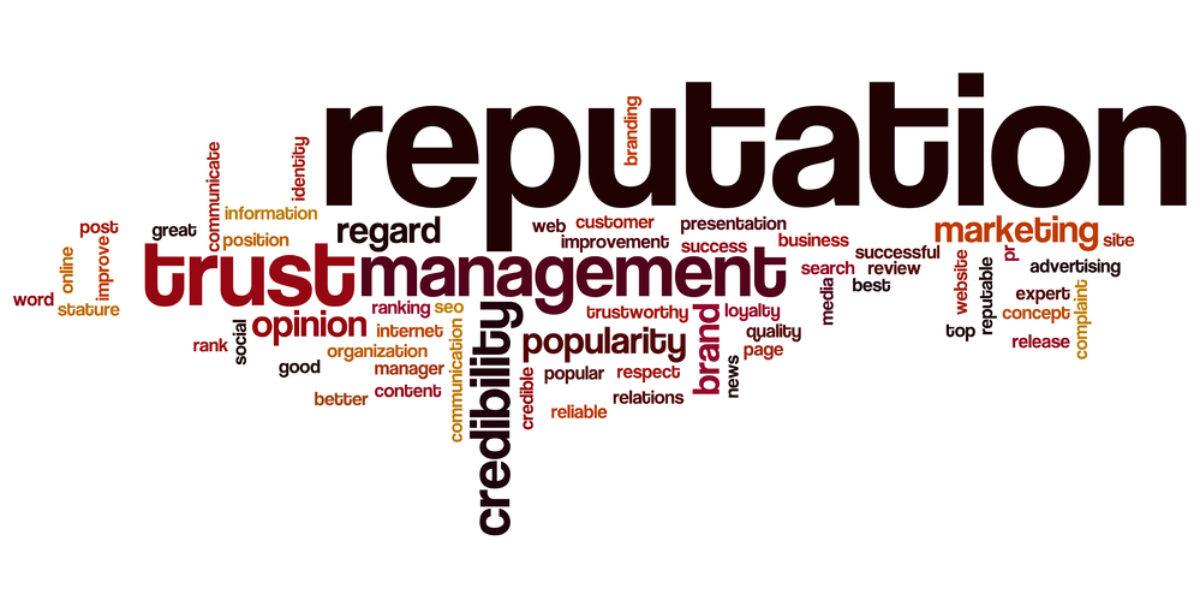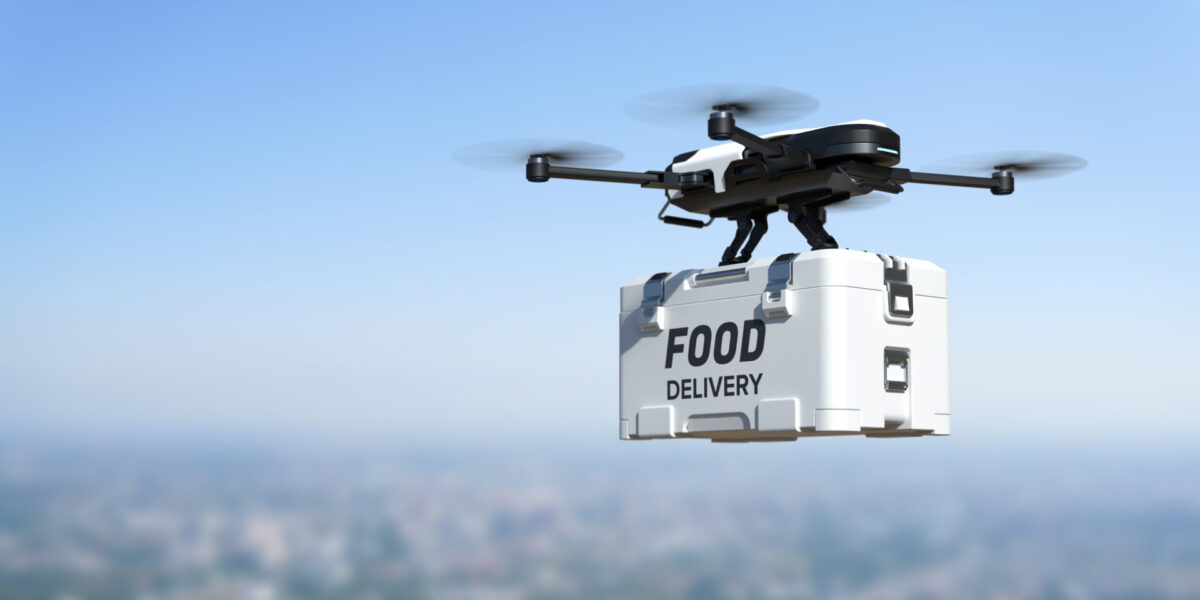“Should advertising be abolished?” That’s the title of the final chapter of Confessions of an Advertising Man — a book by advertising genius David Ogilvy and published in 1963.
At one time, Ogilvy wondered if consumers seeing advertising had almost no other choice but to “obey” and buy the product or service being advertised — even if they did not need them.
He got over his doubts when others attacked his industry saying that ads were an economic waste or unethical in some manner. Ogilvy believed that pointing out the advantages of one product over another was a service to consumers.
Today there is a minor debate about the use of Artificial Intelligence in marketing. We already know it’s effective, but is it ethical?
It’s hard to see how AI can be considered anything other than consumer-friendly and extremely effective. Consumer acceptance levels appear to be high and the service is actually appreciated by many. And as the costs become more affordable for regional marketers, you can expect it’s use to increase.
What kind of AI is being used in marketing right now?
If you read any current news site now, you know you can choose content. On many sites, one you have chosen your preferences, similar choices are offered.
That’s AI at work.
A significant portion of sports and finance-related articles are written by machines, not by humans. That’s because sports and finance articles are laden with time data and numbered data. According an online article by Daniel Faggella of TechEmergence, there are five AI applications in marketing and advertising that are currently being used extensively.
He listed and explained them briefly.
1. Search
In 2005, if you “searched” an eCommerce store to find a product, you’d be unlikely to find the result you had in mind unless you knew it’s name or title exactly. Today’s “search” is after much smarter, and it’s improved capacity not only help you find information on Google, but it helps you find the right products on Amazon or Target.com, the right movies on Netflix, and more.
2. Recommendation Engines
Recommendation engines are a rarity in the world of digital marketing in that this marketing technology is often appreciated and even loved by customers. You tend to appreciate, expect and even count on Amazon’s book or product recommendations. We like that Spotify knows our taste in music and so on.
3. Programmatic Advertising
The classic example of programmatic advertising is SEM advertising on channels like Google (AdWords), Facebook, and Twitter. This is also some of the earliest use of AI in advertising.
4. Marketing Forecasting
In simple terms, marketing forecasting helps predict the success of an email campaign or marketing initiative. According to Faggella , it can can help companies continuously improve marketing efforts in display, text, video, or even direct mail.
5. Speech / Text Recognition (Conversational Commerce)
Beginning in 2016, a wave of legitimately viable speech interfaces have crossed over into the marketing worlds. One great example is the Amazon Echo – Echo has been a remarkable success in turning the internet of things into a reality… particularly in it’s ability for users to make purchases simply by speaking to the machine. You can order an Uber car or a Domino’s pizza with speech alone.
By the way, I wrote this article, not a machine — or did I?













Comment